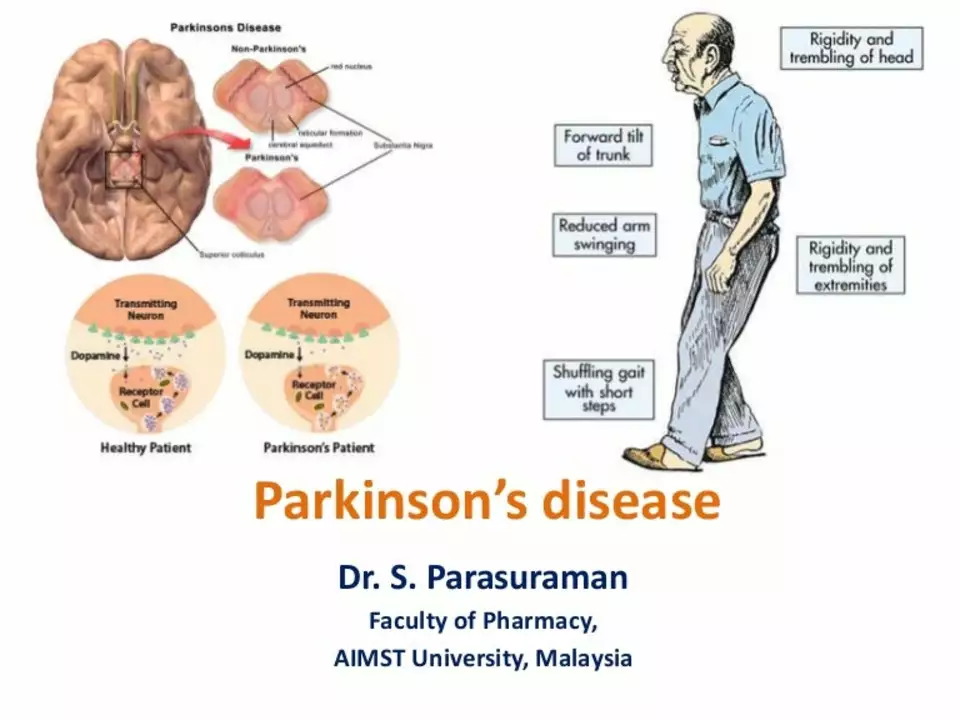Symptoms: How to Read Your Body's Alerts
Ever wonder why you feel a headache after a long meeting or notice a rash after trying a new soap? Those feelings are clues from your body. Knowing what each clue means can save time, reduce worry, and help you decide if a doctor’s visit is needed.
Common Everyday Symptoms and What They Usually Mean
Headaches often pop up because of stress, dehydration, or screen fatigue. A quick fix is to drink water, take short breaks, and dim the lights. If the pain lasts more than a few days, gets worse, or comes with vision changes, it’s time to get checked.
Upset stomach after meals can be simple indigestion or a sign of food intolerance. Try keeping a food diary for a week – note what you eat and any discomfort that follows. Patterns can point you toward foods to avoid.
Skin rashes are another frequent signal. Minor irritation might clear up with moisturizers, but if the rash spreads quickly, itches intensely, or is accompanied by fever, it could be an allergic reaction that needs medical attention.
When a Symptom Calls for Professional Help
Chest pain, shortness of breath, or sudden weakness are red‑flag symptoms. Don't wait – call emergency services or head to the nearest ER. These signs can indicate heart or lung issues that require immediate care.
Persistent fatigue that doesn't improve with rest could be a thyroid problem, anemia, or another underlying condition. Schedule an appointment for blood tests and a full evaluation if you feel constantly drained for more than two weeks.
Unexplained weight loss, night sweats, or swollen lymph nodes are also signals to see a doctor. While they might stem from infections, they can sometimes hint at more serious illnesses that need early detection.
Remember, each symptom is part of a bigger picture. Combining what you feel with simple lifestyle changes often eases minor issues. When in doubt, trust your gut and reach out to a health professional – better safe than sorry.
Oedema vs Cellulitis: Causes, Symptoms, and Treatment Guide
Learn the key differences between oedema and cellulitis, their causes, symptoms, and effective treatment plans to manage swelling and infection.
The Relationship Between Parkinson's Disease and Fatigue
As a blogger who's been researching the connection between Parkinson's Disease and fatigue, I've discovered that they are closely related. Many people with Parkinson's experience fatigue as one of their primary symptoms, which can significantly impact their daily lives. Experts believe that this fatigue may be caused by a combination of factors, including changes in brain chemistry and the physical challenges of living with the disease. It's important for those with Parkinson's to communicate their fatigue levels with their healthcare team to develop effective management strategies. By addressing this often overlooked symptom, we can help improve the quality of life for those living with Parkinson's Disease.


